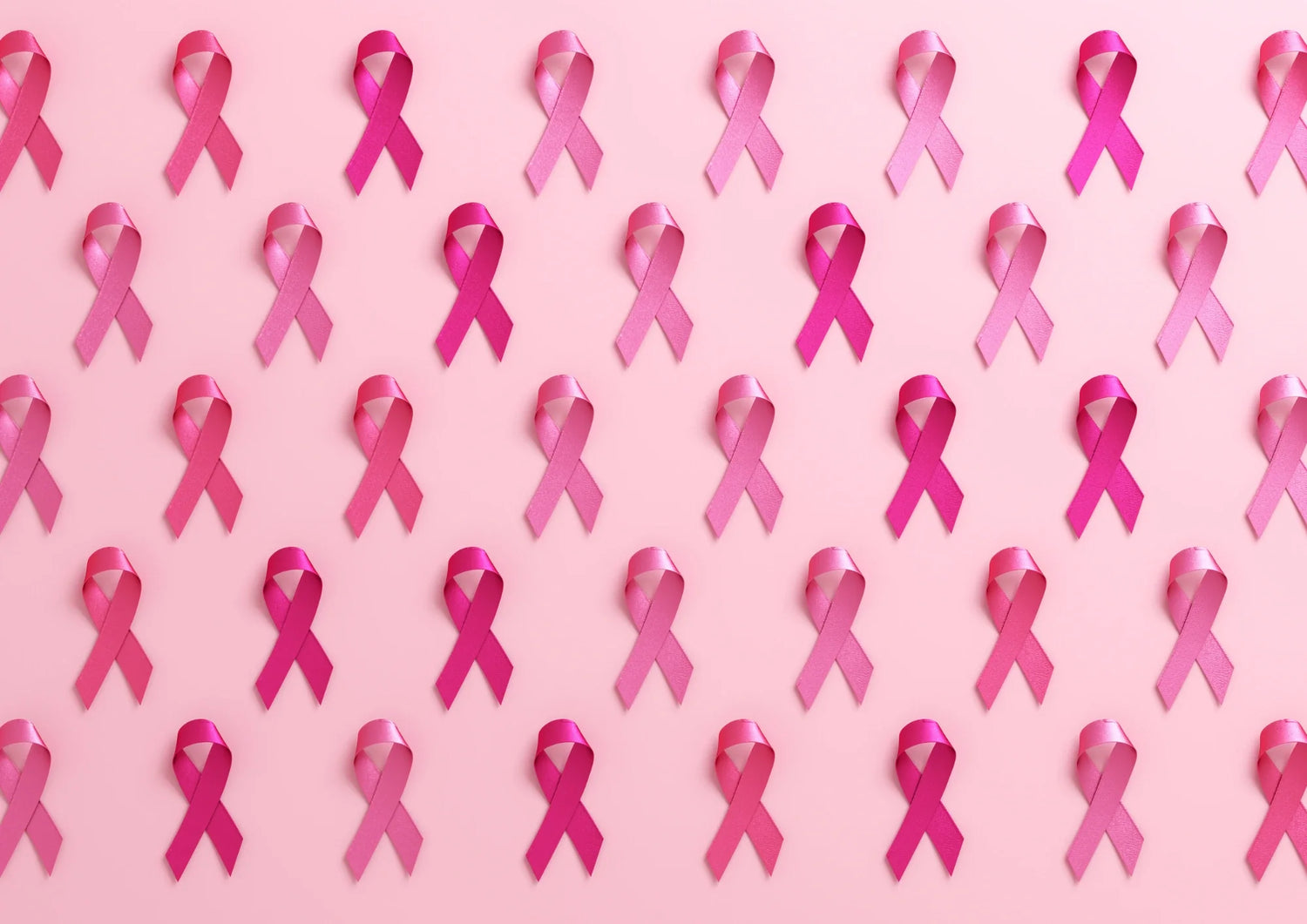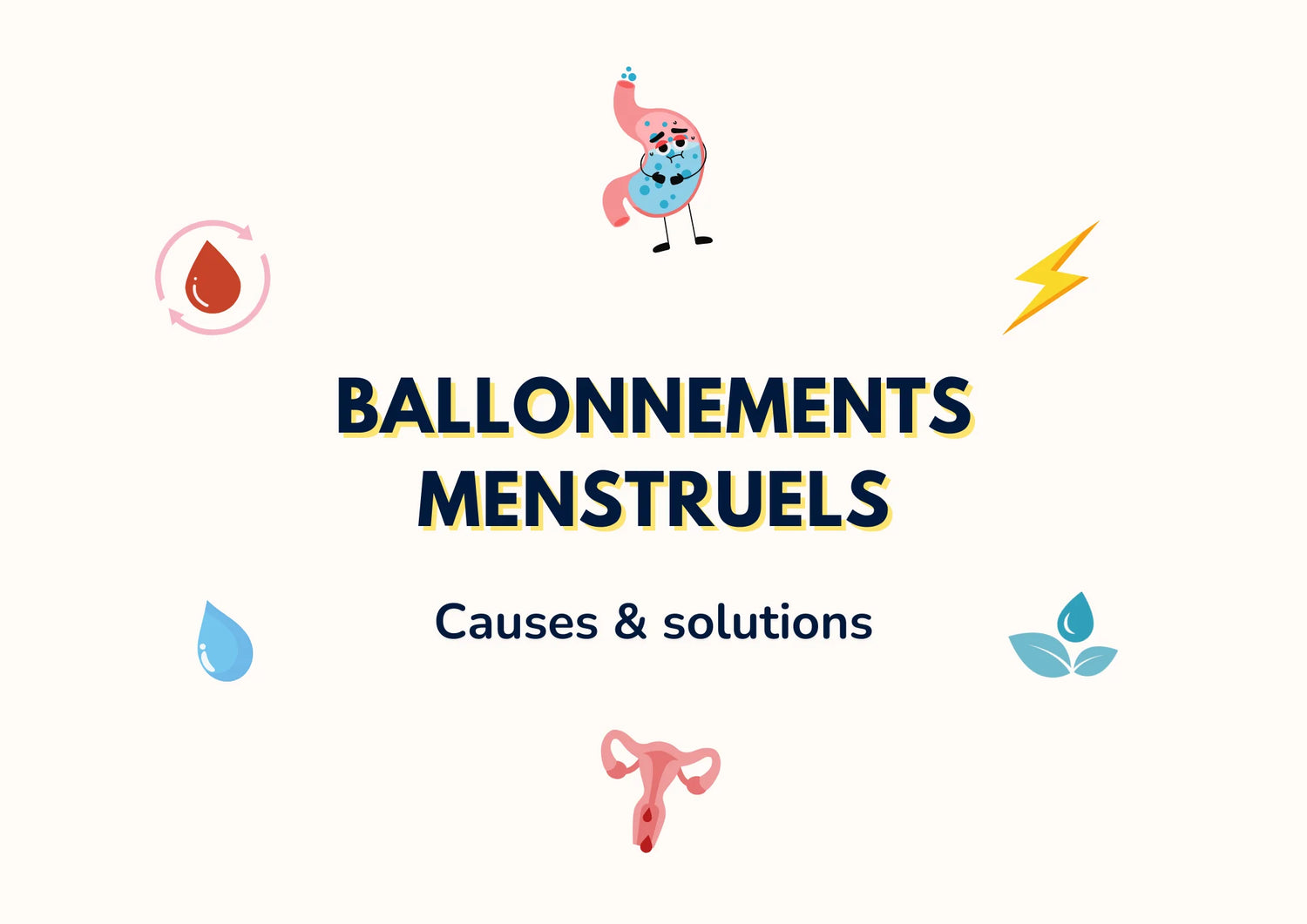Lent Lent is a spiritual period important for many Christian women. But what happens when this period coincides with your menstruation? Between religious obligations and physiological needs, how to reconcile faith and health?
This article explores this often taboo question, with advice to fully live your spirituality while being kind to your body. 🌸
Reminder: what is Lent?
Before addressing the question of menstruation during Lent, it is important to understand the essence of Lent: why is this period so important? What are its goals and its main practices?
Lent is a period of fasting, prayer, and spiritual reflection in the Christian tradition.
It lasts 40 days and precedes Easter, one of the biggest religious holidays.
This period symbolizes the 40 days Christ spent in the desert. It invites believers to detach from material pleasures to refocus on their faith.
In addition to dietary fasting, other limitations may be observed, such as moderation in entertainment, social media use, or increased involvement in charitable works.
The goal is to adopt a posture of prayer, reflection, and penance by detaching from certain daily habits.
Differences according to Christian denominations
Depending on the Christian denominations, the different churches, parishioners observe Lent differently.
Catholic Church
The Catholic Church recognizes that some people are exempt from strict fasting, notably children, the elderly, the sick, and pregnant or breastfeeding women.
Women during their period are not specifically mentioned in the law, but pastoral kindness allows some flexibility.
Orthodox Churches
In the Orthodox tradition, Lent is much stricter and generally includes abstinence not only from meat but also from dairy products and sometimes even oil and wine. However, as in the Catholic Church, dispensations are possible for
people in physical weakness, which can include women on their period if they feel too weakened to follow strict fasting.Protestant Churches
Fasting is
not an obligation in Protestant churches, but a personal practice encouraged to refocus on faith. Dietary restrictions are not systematic, and each believer can choose how to observe this period. Thus, there is no specific rule concerning women on their period: they are free to adapt their fasting according to how they feel and their physical condition.The rules and obligations of Lent
Now that you have an overview of
Lent, let's look at the obligations it imposes. You may wonder: is it possible to be exempt in case of physical fragility, such as during your period?🩸Dietary fasting
is one of the main obligations of Lent. This often involves limiting meals to one per day or abstaining from certain foods. However, the Church recognizes that some people may be exempt for health reasons,
such as pregnant women, the sick, or those experiencing excessive fatigue.If you feel fragile during your menstruation,
it is essential to listen to yourself. Health comes first! 🌸Understanding menstruation in a religious contextMenstruation
has often been surrounded by
taboos in religious traditions. But what is its place in Christianity, and how is this evolving today?Menstruation in religious traditionsIn many religions,
menstruation
has been seen as a temporary state of impurity. In Christianity, these ideas have evolved. Today, menstruation is no longer an obstacle to religious practices such as prayer or participation in ceremonies. 🕊️The Christian view of menstruationSome ancient biblical interpretations considered
menstruation
a state of spiritual distance. However, modern currents emphasize the integration of women into religious life, regardless of their physical condition!Living well with your period during LentYou can live your period during Lent while staying
connected to your faith
and taking care of yourself. It is essential to listen to your body and respect its needs, as a kind approach to yourself is also a form of spirituality. 🥰Managing your physical well-beingTo ease physical discomfort during your period, turn to
magnesium-rich foods
, such as nuts. These can help reduce cramps and promote relaxation. You can also consume chamomile or ginger infusions, known for their soothing properties. Take time to practice relaxation techniques, such as yoga or meditation, to harmonize your body and mind!
Taking care of your mental well-beingMenstruation can be a time of intense emotions. Allow yourself moments of pause for introspection and
refocus on spiritual activities
that soothe you, such as reading
religious texts or prayer. Avoid stressful situations that could increase your fatigue or discomfort. 🚫Adapting your religious practicesIf you cannot fast strictly because of your period, know that other forms of devotion are just as valid. You can
replace fasting
with acts of
charity or participate in moments of collective prayer.Remember that intention and faith take precedence over strict rules. 😊What are the risks of fasting during your period?Fasting during your period
can have consequences on your health. Before starting, know the risks to avoid weakening your body. 🏥
Physical consequences of fasting during menstruation
When you fast during your menstruation, your body undergoes a significant iron loss
due to
bleeding, which can lead to anemia. 🩸 This deficiency often causes intense fatigue, making daily activities more difficult. Moreover, lack of hydration
can worsen menstrual cramps, increasing discomfort.
Finally, reduced energy intake due to fasting increases the risk of fainting or dizziness.Impacts on mental healthDuring your period
, hormonal fluctuations can cause mood swings or worsen
premenstrual syndrome
. Adding a 40-day fast to this equation can increase stress and make pain management more difficult. Lack of food can also cause feelings of vulnerability and affect your emotional well-being. 😖The physical and mental consequences of fasting during your period can lead to health problems in the short or long term. It is therefore essential to listen to your body during
Lent to avoid weakening it and risking complications later. Our advice to prepare your body before fasting during your periodIf you choose to undertake the Lent fast even during your period, good preparation is essential. By taking care of your body beforehand,
you can get through this period with more serenity and energy. ⚡️
Adapting your diet before Lent fastingA nutrient-rich diet is your best ally before starting the fast.
Favor
foods high in iron, such as: spinachlentils
almondsTo compensate for losses due to bleeding
- . Also include
- protein sources
- such as fish or eggs to maintain your energy.
Don't forget to stay well hydrated to prevent dehydration and muscle cramps. 🤗Find all our advice on diet and periods:Our news
What to eat during your period?Preparing mentally and physicallyBefore fasting,
Also take time to rest and, if possible,
reduce your physical activity load. Light walking or breathing exercises can help prepare your mind and body.Assessing your health with a professionalIf you have doubts, do not hesitate to consult a doctor to check your
iron and vitamin levels. Professional advice can help you adapt your fasting
to your specific physiological needs!
Living Lent well during your period requires attentive listening to your body and a kind approach. We have explored together what Lent is, the risks of fasting
, as well as practical advice to prepare your body and take care of yourself while respecting your faith.Remember that the most important thing is to stay connected to your spirituality while taking care of your health. Do you have experiences or tips to share? We would love to read them in the comments. ❤️ 29.95 EUR
Discover 32.90 EUR Discover
Menstrual swimming swimsuit - Lola | Sorio®























 https://mysorio.com
https://mysorio.com


